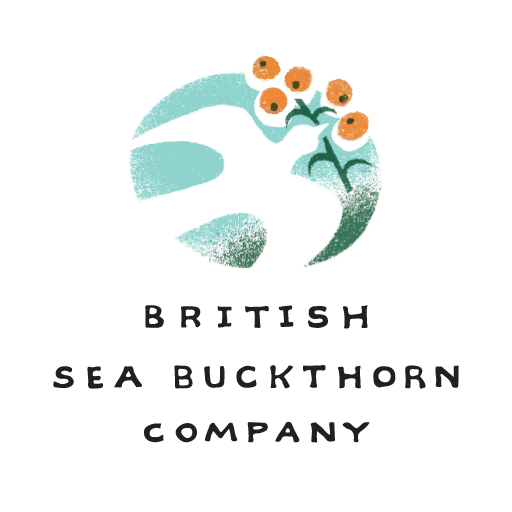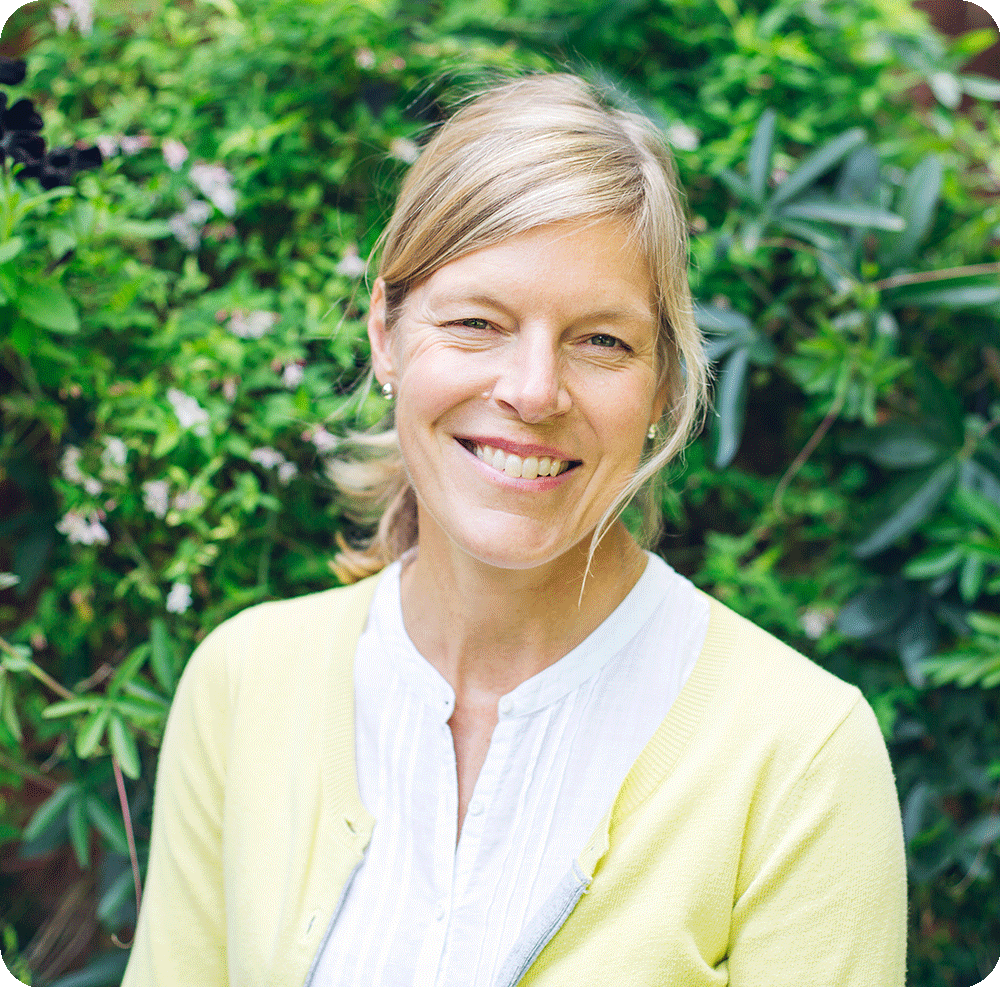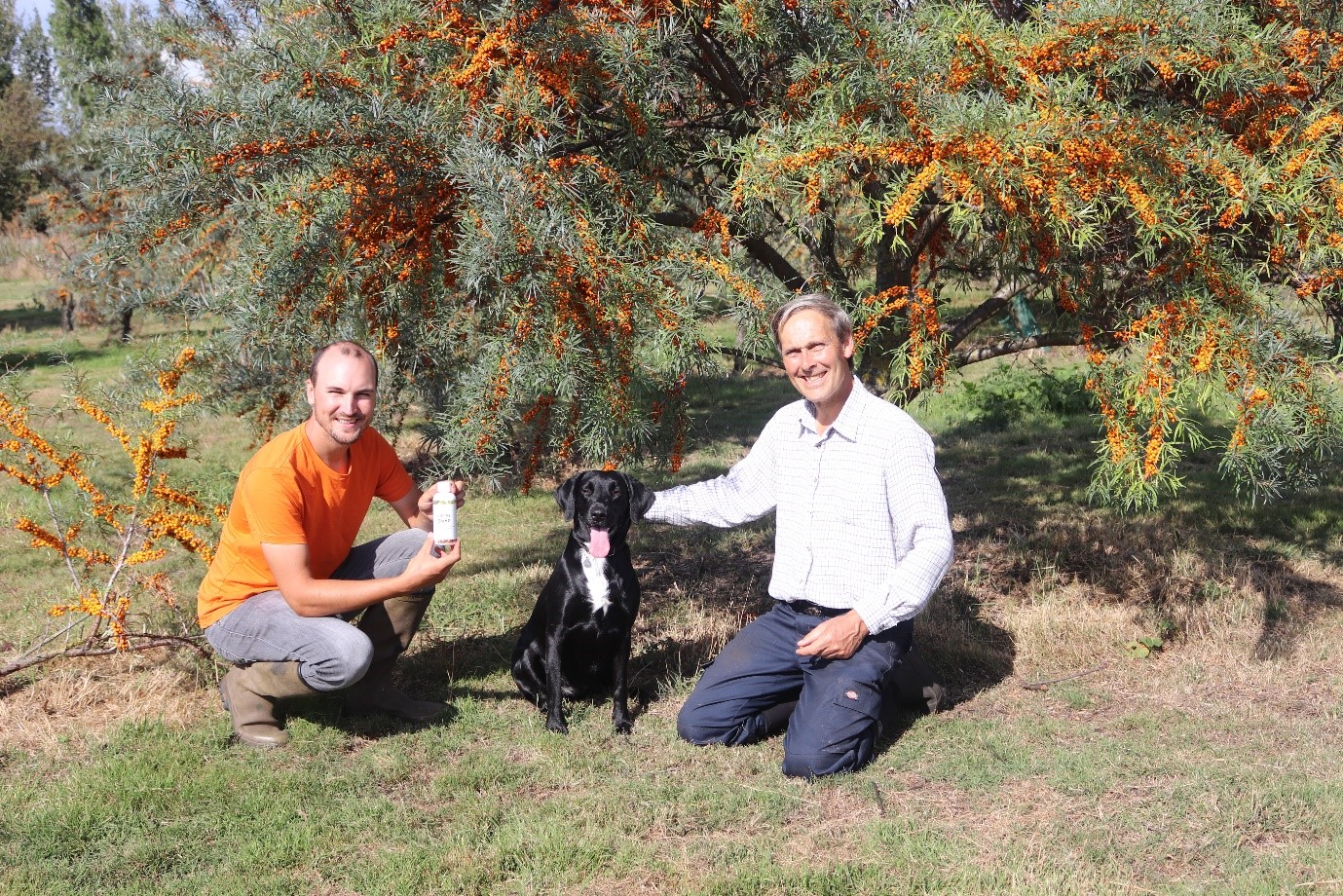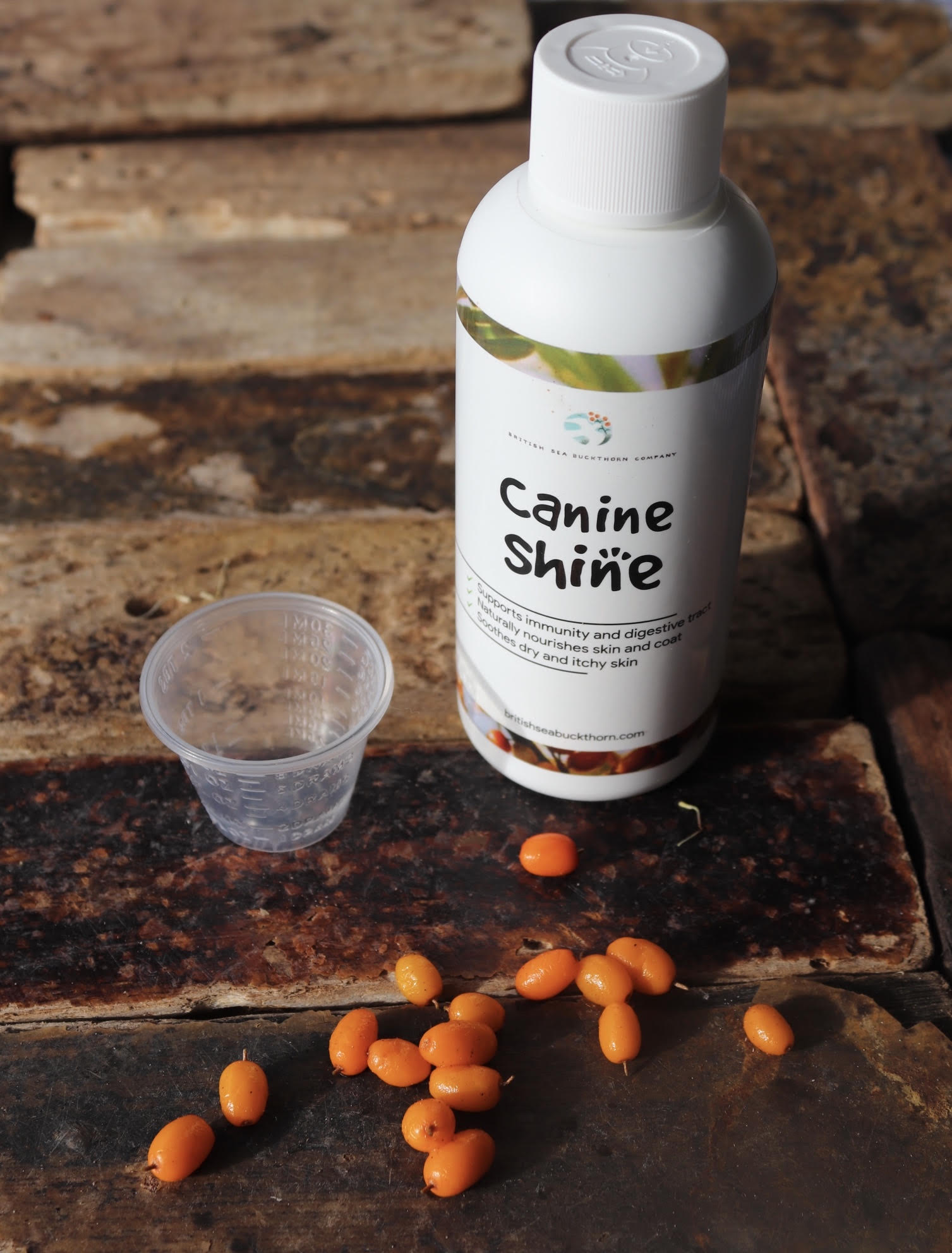Goodbye 2022 – Christmas is approaching and it is a time for reflection and promise of better things to come.
This year we saw temperatures in the UK soar to 40 deg. C. It came within a long summer drought. There have been droughts before, but the high temperature signposted a climate change issue for the future.
On the land, drought impacts deep into the soil. Soil is the heart of the countryside. Above ground we focus on plants and trees, but below ground we have little knowledge of a complex world from which our crops – and our food, comes from. It is silent and unseen, but it is vibrant; active and diverse. It provides the nutrients for our plants. It can be used as an asset to improve the quality of our food; store and control the water from rainfall; be the backbone that delivers the health of all things in the countryside.
Within the complex world that we live, we choose how to manage our lives. As farmers, science has directed us to use chemicals to control pests and increase crop yields that can be delivered at lower cost. 40 deg C this summer was a signpost of climate change. It can be logged as a statistic, or reflected on as to its meaning.
Decisions one takes on a personal basis. For me, as a farmer – and grower of sea buckthorn, the 40 deg statistic I see as a threat that will dry up my soils, crops, grass for livestock, habitat for wildlife. I see it as a challenge and an opportunity for change.
My son, Ben, suggested I should go to an agricultural event this summer called Groundswell. I had not been before and was not prepared for the outcome.
It was a dynamic show, full of enthusiastic people with innovation at the front of their thinking. Agriculture is often portrayed as full of aging farmers with few people joining the industry. Here at Groundswell was inspiration. Inspiration that was real, creative and active. A signpost for me that taking up the opportunity for change is worthwhile.
So what was the outcome?
Back in the summer, the drought had had a profound impact on the sea buckthorn. This year our Siberian plants produced berries – but long before they were ripe, thirsty wildlife striped the plants of the crop. Our Latvian plants, which have been reliable were stressed by lack of water. Their crop was small and later ripening varieties had almost no crop. Our german varieties ripened earlier than usual, but the berries were small.
I have not installed irrigation as up until now the plants have not needed it, and water is a precious resource that if overused can fill fruit with water and dilute nutritional quality. This season’s drought and high temperature indicates that if high temperatures are coming with climate change, then we have to change the ways we farm.
So as 2022 comes to an end, with the war in Ukraine still waging. With high energy and inflation impacting into everything we do – 2022 has to be the year to trigger change.
The decision therefore has been to change the way we farm. We are going organic. I do not say this lightly. It means a huge change needing new skills, new machinery, new buildings, new crops, new ways of manging our precious soil. It is daunting to be doing this at a time of economic instability, but that will ease. But I do not believe climate change will ease. Going organic is a long term project – 10, possibly 12 years to regaining the vibrancy of our soils. A long time, but it is no longer than it has taken to understand how to grow sea buckthorn.
And the sea buckthorn – what of it? What to do? We are lucky that the European sea buckthorn growers are, like those at groundswell, a dynamic group. There have been three on-line conferences providing the opportunity to share knowledge.
So like the farm – for sea buckthorn at Devereux farm – 2022 is a time for change. Time to decide which varieties have been successful and which not. Time to decide on how to lay out orchards that provide for a crop that can thrive in an extreme, changing climate.
So many old plants are going to be pulled up and replanted with new. With varieties that produce the fruit that we believe our customers like best.
Without customers we would not have a purpose. I find that our customers – like those attending groundswell, they know what they want. Many have a desire for the sea buckthorn they ate in other countries. Many understand this special fruit for its taste; its nutritional quality; its potential to inspire new culinary innovation.
So as 2022 comes to an end, I look forward to 2023 with a passion for change. Change that I hope will provide a future for our soil; our countryside; our crops and providing something special for our customers.
As you have now read this, the chances are you are one of our customers, if not you will have an interest in sea buckthorn. For both reasons may I thank you and wish you too, a happy Christmas and let us hope that 2023 brings stability and peace to a world that has many issues to solve.
Happy Christmas
One last thing – I am afraid that last orders for sea buckthorn berries has to be drawn to a close for 2022.
LAST ORDERS WILL BE ON DECEMBER 19th for delivery on DECEMBER 20th.
2023 I will be writing a short blog each week as our new farm emerges – new orders for sea buckthorn berries will start in January.
THANK YOU FOR ALL YOUR SUPPORT IN 2022.



 The Ancient Greeks named Seabuckthorn: ‘Hippophae’, which translates as ‘Shiny Horse’. We now know this is because it’s a rich source of many nutrients required in the every-day functioning of healthy skin.
The Ancient Greeks named Seabuckthorn: ‘Hippophae’, which translates as ‘Shiny Horse’. We now know this is because it’s a rich source of many nutrients required in the every-day functioning of healthy skin.